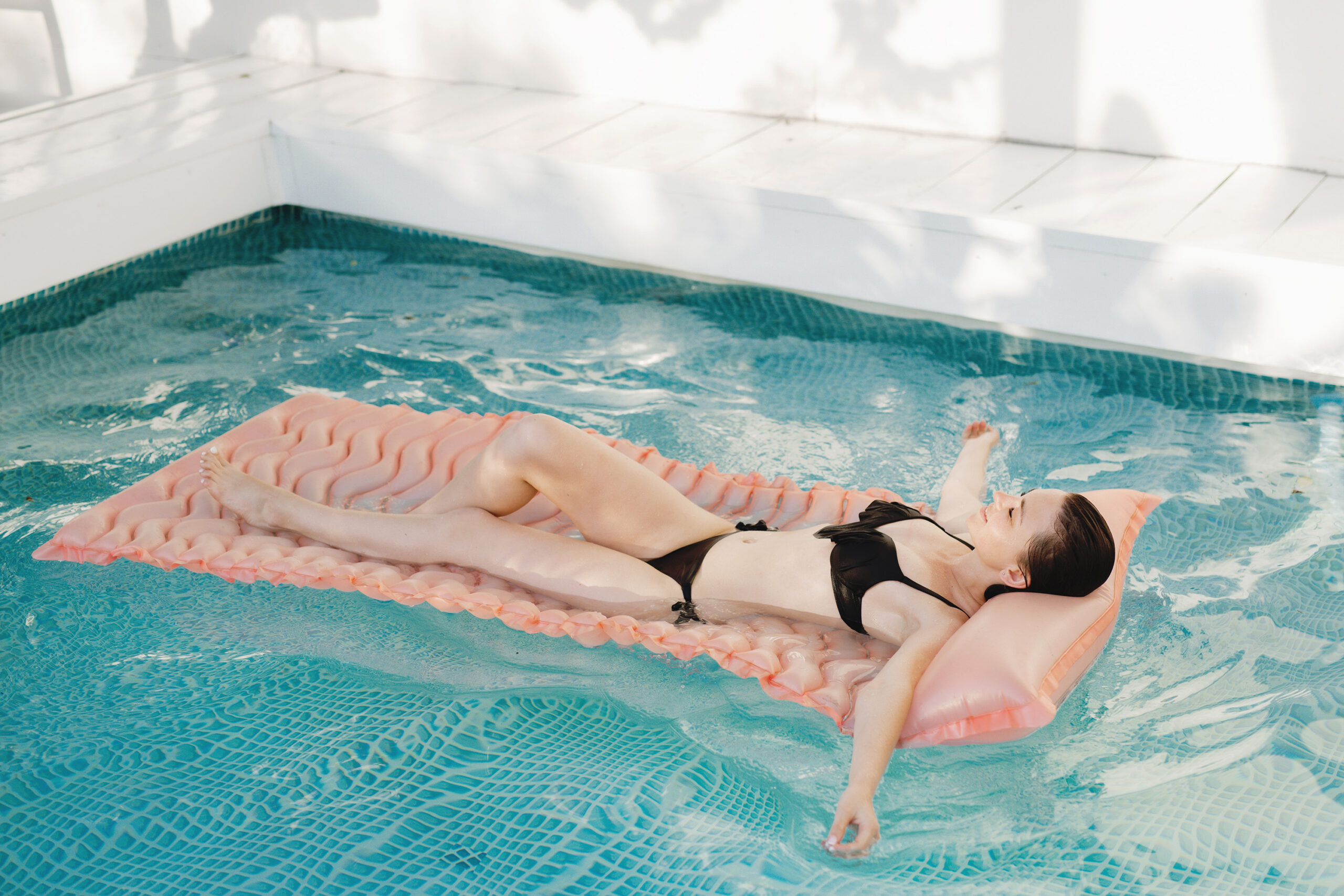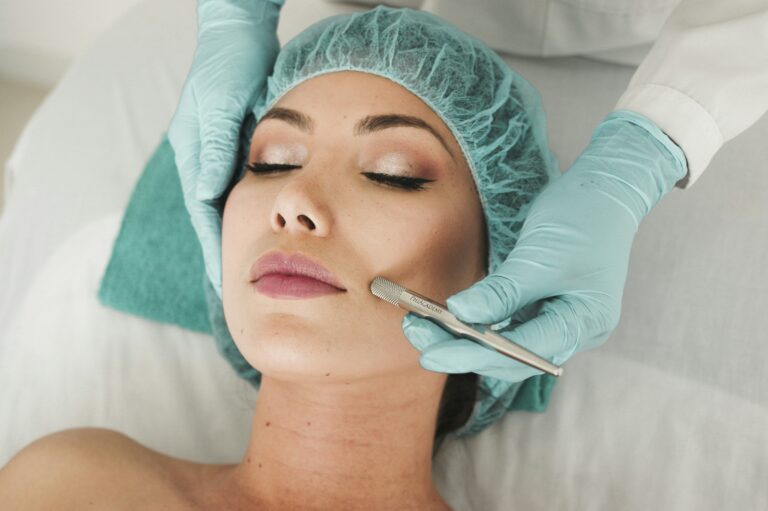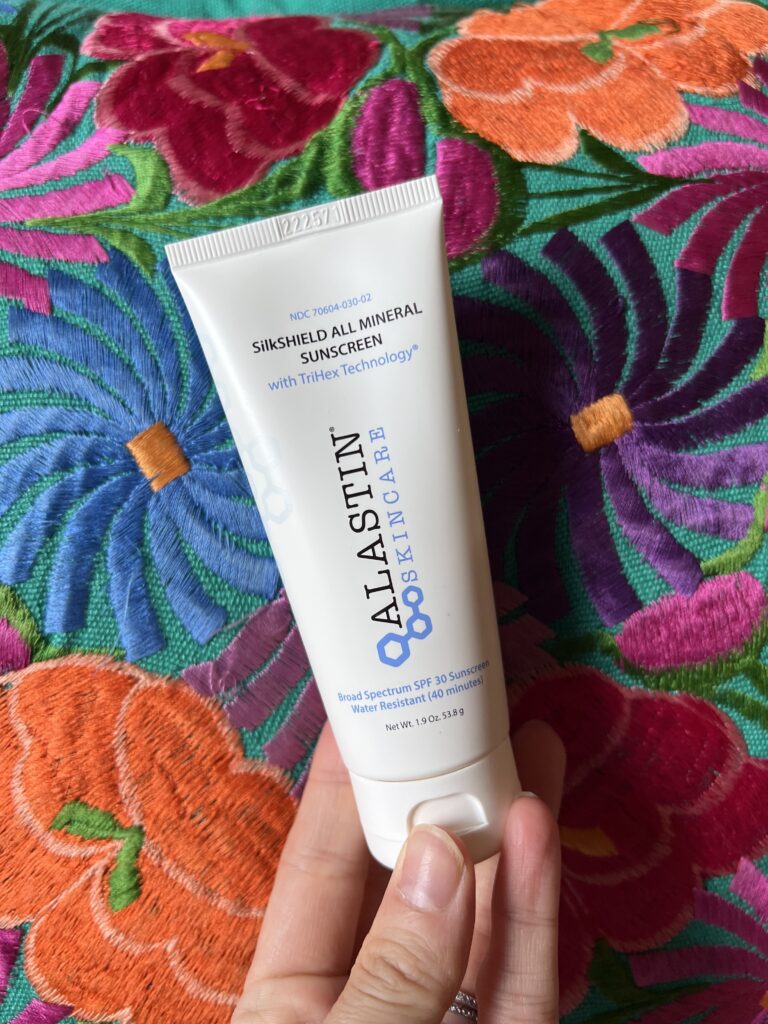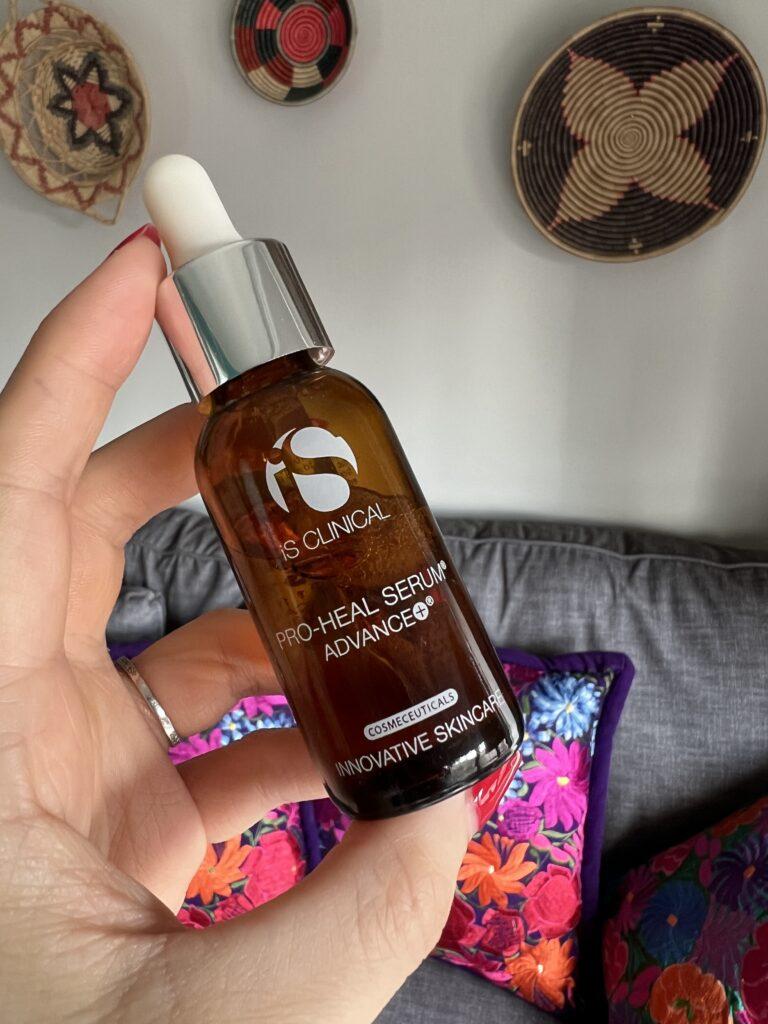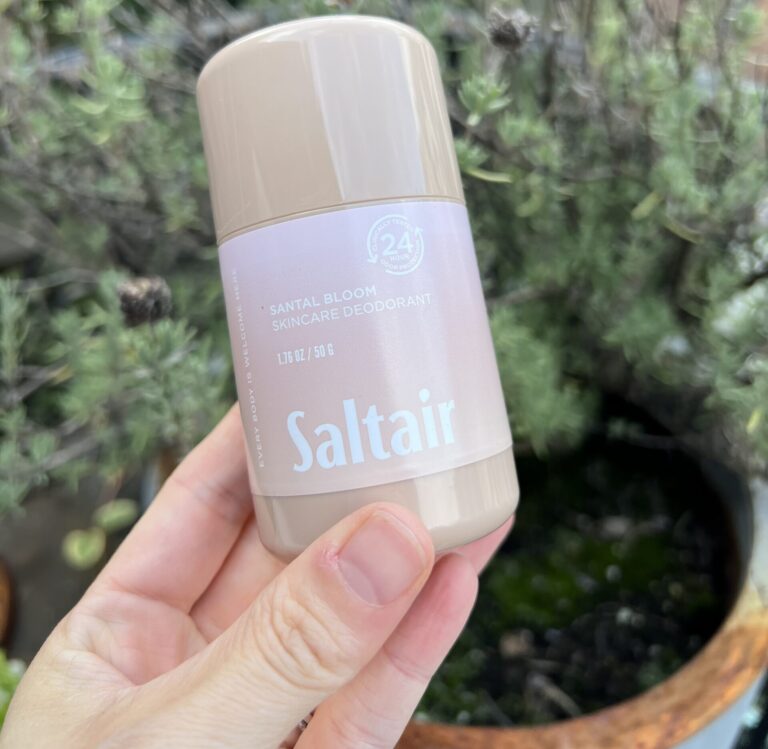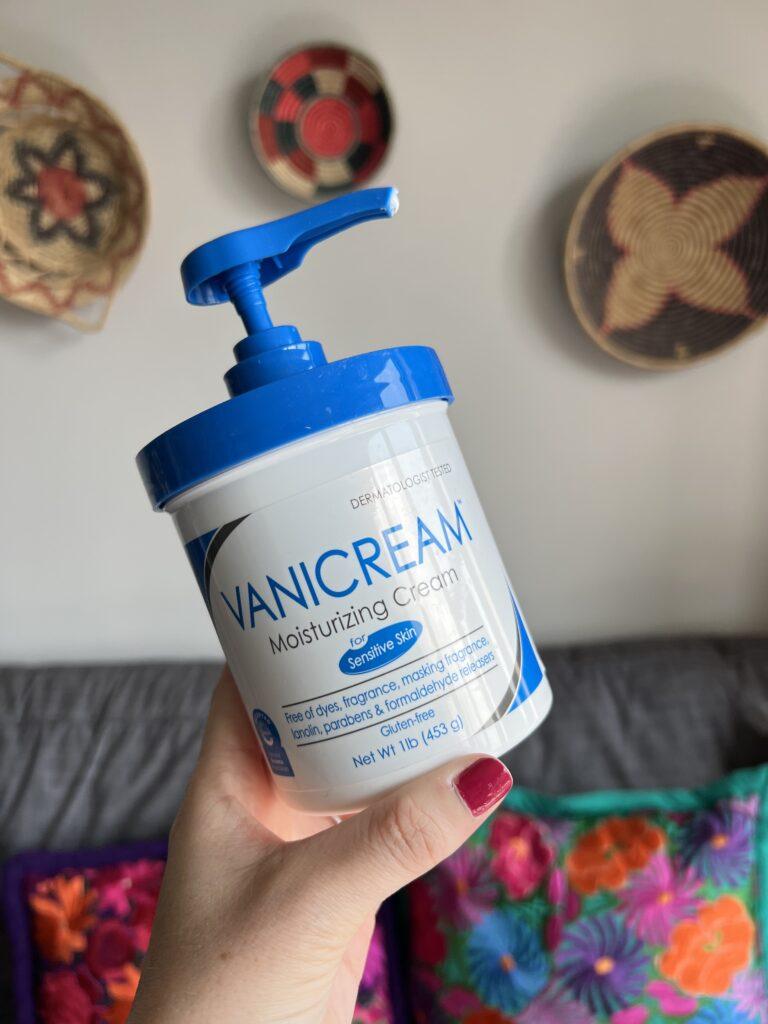How to Protect Hair From Chlorine Damage
Growing up in the San Fernando Valley, an inland suburb of sunny Los Angeles, meant that I was destined for poolside summers. It’s beyond fun to swim in the pool, eat chips and sandwiches, and play mermaids with your friends. What’s less fun is exposing your hair to chlorine—which may leave it dry and maybe even change its color. In turn, this may have left you wondering how to protect hair from chlorine.
The effects of chlorine on hair are, unfortunately, aplenty. In addition to dryness and color changes, too much chlorine can also increase your hair’s porosity (more on this later). But it’s also not realistic to avoid exposure to chlorine altogether. That would mean never again getting your hair wet at a swimming pool or using chlorinated water, which isn’t always something you can guarantee.
I’ve spent time in pools since 1993, and my locks are pretty tip-top. With that in mind, I’m sharing some tips I’ve learned on how to protect hair from chlorine. (Quick side note: I also know how difficult it is to figure out what to wear over your swimsuit. This Valley girl suggest going with simple garments like matching cover-ups or denim shorts.)
How to Protect Hair From Chlorine
Before we get into the nitty gritty of how to protect your hair and scalp from chlorine, it’s important to provide an overview of what chlorine is and how it can affect your hair. This’ll help you identify which hair concern you’re dealing with. And that’s ultimately the key for learning the best protective measures.
What Is Chlorine?
\In plain terms, chlorine is a dense chemical element that’s meant to corrode the substances with which it is mixed. That’s why it’s often used in cleaning products and pool water. According to pool supply store In the Swim, a pool has about 12.5 percent chlorine. Since there isn’t much chlorine in swimming pools, it’s not a huge deal if you dip your hair in it every once in a while. However, repeated exposure—like even once a week—can lead to hair and skin damage.
What Does Chlorine Do To Your Hair?
Again, there are several things that can happen to your hair when it comes into contact with chlorine and other pool chemicals. These include, but are not limited to:
- Increases hair’s porosity, which is bad because this makes your hair more prone to breakage
- Changes your hair color, especially if you’re blonde—which usually turns to a green shade
- Strips the natural oils from your strands, leading to dryness
- Causes split ends because it weakens your hair
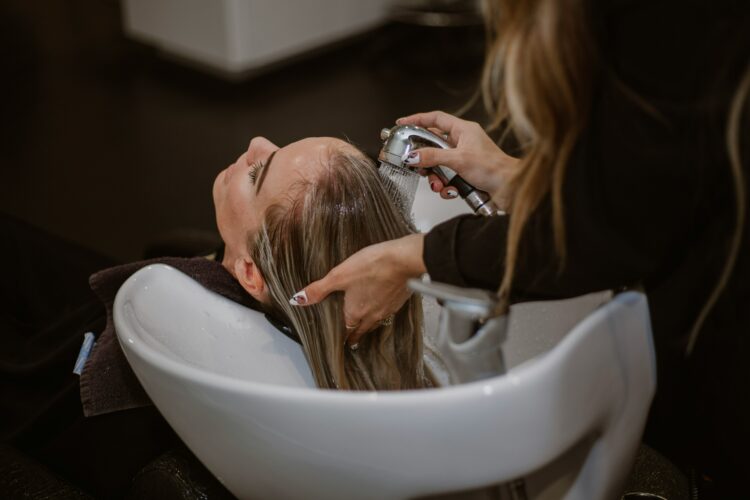
How to Protect Your Hair From Chlorine Damage
Avoid getting your hair wet in the pool.
For the most part, my pool time these days doesn’t involve dipping my hair in the water. As I’ve gotten older, I’ve realized that it takes a bit more time for my hair to bounce back. (No pun intended.) A lot of the times, I’ll keep my hair up to avoid soaking my strands and getting chlorine damage. If you’re open to looking like an Olympic swimmer, you might also considering wearing a swim cap.
Apply a thin layer of conditioner to your hair before you go in the pool.
The first time I heard this tip, I was a little taken aback. It seemed counterintuitive to waste my conditioner or leave-in product in my hair when it was just going to be washed off in the pool. However, I’ve since learned that adding a bit of these products means you’re essentially applying a protective barrier. Per skincare brand Babo Botanicals, the layer of conditioner or leave-in mask will add oils to your strands that help protect your hair from chlorine damage.
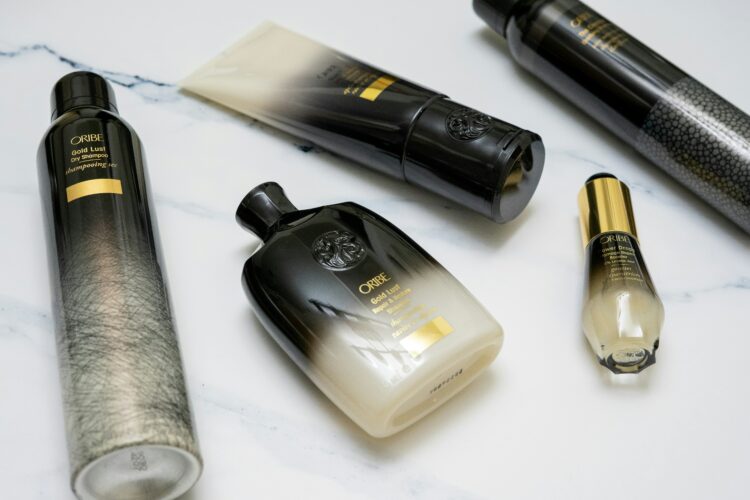
Rinse your hair after every swim.
Remember, I love to play mermaids—yes, even at my big age—and that consists of splashing around and swimming underwater. However, every single time I get my hair wet in the pool, you better believe one of the first things I do post-swim is get into the shower and rinse my hair. I’ll usually opt for a clarifying shampoo like Oribe The Cleanse Clarifying Shampoo, since that helps address any potential chlorine damages.
Protect your hair with a leave-in conditioner.
I have to admit that I thought leave-in conditioners were a scam. It didn’t seem like a 15-minute, at-home treatment would do much to save my strands. But summer 2024 changed my perspective on that entirely. Now, I can’t live without my Mizani True Textures Moroccan Clay Steam Mask. I’ll put it on while I’m doing a workout that coincides with wash day, so the mask stays in for about an hour. As soon as I rinse it out, my hair feels smooth and hydrated—which it remains even after my locks air dry. (In case you’ve been looking for the best hair heat protectant for natural hair, we suggest the #Mydentity #MyHero Collagen Shield Spray.)


